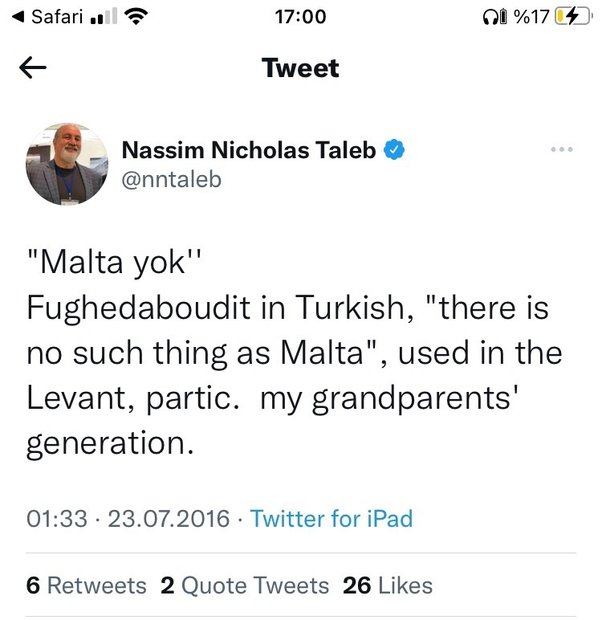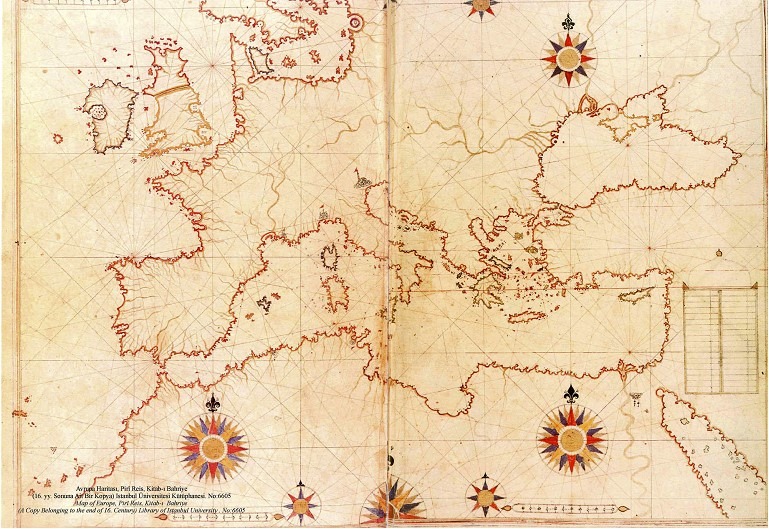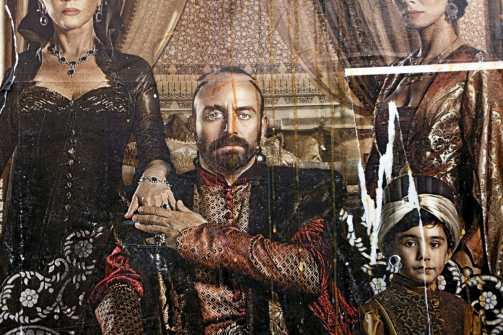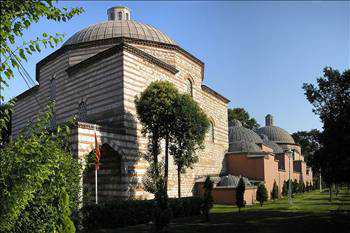‘Malta yok effendi’, which stands for ‘Malta does not exist.’
“I was shocked upon hearing it in a history class in Israel” says one of the comment writers with the nickname skatanic.
But why in Israel? Then comes this tweet from Lebanon:

Does “Malta yok” really mean “forget about it” in Turkish? Noting among the many Malta-based proverbs and sayings in the Turkish Dictionary of Sayings, such as “Malta eriği” (Maltese plum = loquat), “Malta humması” (Maltese fever = brucellosis), “Malta palamudu” (Maltese bonito = pilot fish), etc., there doesn’t appear to be the term “Malta yok”.
It seems to be a saying unique to Levantine Arabic, from which it probably entered Israeli Hebrew, with a folk etymology to follow.
But how did they get there? There are several points of view. The predominant seems to be as follows.
According to a story, it was the response of an Admiral to the Sultan (Süleyman), who having been sent with a grand army to conquer Malta, failed to do so.

At one time, during the Ottoman Empire, the Sultan dispatched a naval force against Malta. After some time, however, the fleet returned without completing its objective and the Turkish admiral stated ‘Malta Yok’. This is due to the inability of the admiral to read a map of the era. And as if that wasn’t enough, the excuse also came up. According to the admiral, when he went to the charter room to plot a course for Malta, he ordered his adjutant to bring him coffee. So, as he enjoyed his coffee, he moved the cup on the map and, accidently, it covered Malta. As ridiculous as it sounds, it is better than the other excuse that the devil moved the island to another point on the map for the admiral not to be able to spot it.
Arab historian Nicola Ziyadeh, who passed away 99 years old in June 27 2007, was Eyyâm fî Malta, where he touched upon the phrase “Malta yok”. In his telling, the Sublime Porte receives news that there is an island called Malta in the Mediterranean which could cause great danger unless it is captured. The admiral then is instructed to take over the island post, haste. However, the admiral cannot discover this island even though he travels East, west, north and south across the Mediterranean. He writes to the grand vizier “Malta yok”.
Another source recontextualized this to the answer the captain gives not for being unable to find the island but for being unable to capture it.
The Estonian historian Juri Lina, who wrote a book about freemasonry Les Architectes de la déception — l’histoire secrète de la franc-maçonnerie starts a chapter with “Malta yok”. According to the author, the events of 1565 unfolded as follows: the emperor commands his navy to attack the Christian island of Malta. Storms and bad weather conditions stop the navy from reaching the island. The hopeless captain covers up the island of Malta with the wax from a candle he grabs. And then with a victorious air, he turns to his second mate and exclaims, “There is no Malta!” Before turning the fleet to Crete.
Sources:
https://www.quora.com/How-did-the-Malta-yok-culture-tradition-of-unabashed-denials-and-lies-develop-in-the-Turkish-people
https://www.fooledbyrandomness.com/pinker.pdf


